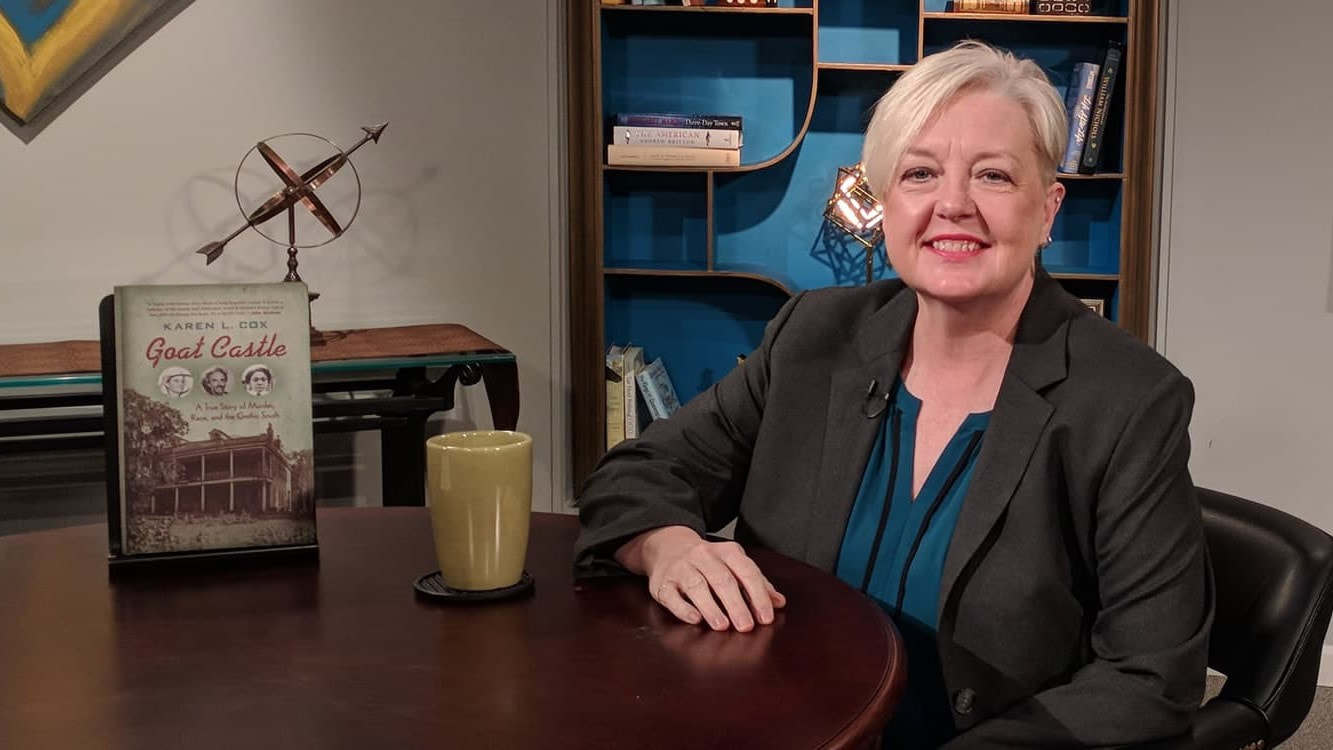|
For roughly the last half-century, history reporting has been seriously politicized. Politicized historians make no attempt to be impartial and they interpret the past in the way that best accommodates the present. Also they don’t view America favorably and tend to make racism our most significant problem. And, of course, they claim slavery was the sole cause of the Civil War. It might be informative to scrutinize a typical politicized historian. A classic example is media favorite Karen Cox, professor of history at the University of North Carolina at Charlotte. Her trendy, partisan versions of history and culture are exactly what the establishment wants to read. The establishment’s villains and heroes are also hers. Cox’s primary villain is the antebellum South which she excoriates for its use of slaves. Cox holds the South alone responsible for American slavery and insists that Southern heritage shouldn’t be celebrated. For her, Confederate memorials are simply reminders of the Jim Crow era and lynchings. She states; “People do not want to see the connection between the Jim Crow period and these monuments,” But, Cox claims, an increase in Confederate monuments parallels an increase in lynchings. Yes, you read that correctly. Confederate memorials do not honor heroes but inspire lynchings. Actually, Karen Cox’s histories are little more than propaganda. She compares Donald Trump with Robert E. Lee, maintaining that both failed and both did more harm than good. Furthermore, Cox claims that Trump, like Lee, pursued a “lost cause”, undermining the Constitution as Lee tried to undermine the Union. Generally, ‘lost cause’ implies an immoral South rationalizing its capitulation to a righteous Northeast in a War fought solely to end slavery. But professor Cox and her ilk use the worn-out pejorative term ‘lost cause’ rather loosely. War was declared to prevent Southern secession and “save the Union” not to end Southern slavery. Funds provided by slave-grown cotton and Southern tariffs were a needed source of revenue for Lincoln’s government. Lincoln didn’t want large plantations in the territories because they would compete with small farming families relocating from the industrializing Northeast. This was an economic reason rather than a moral one. Ending Southern slavery didn’t become a cause of the War until Lincoln feared Great Britain and other European countries might assist the Confederate War effort. Karen Cox’s histories avoid complex issues, focusing instead on what sustains contemporary social concerns. She makes little or no mention of the Northeast’s involvement in the slave trade nor its financing of plantations in the largely agricultural South. Also, she doesn’t mention how slave-grown cotton created the North’s economy or how the majority of profits from slave-grown cotton ended up in Northern pockets. As a Feminist, Cox claims: “Some of the best historians working today are women and people of color.” Although she claims that Blacks and women are the best historians, she doesn’t include women members of the United Daughters of the Confederacy. The UDC’s versions of history don’t fit her narrative. Ranking women and people of color as better historians than White males is fairly typical of Woke culture. In past decades, when Americans got their information from print media rather than electronic media, Karen Cox couldn’t have become a historian. Actually, she is more a media celebrity than a historian and its her support of contemporary political opinions that is favored, not her scholarship. I, like many others, have reservations about the veracity of her histories and I resent her over-simplified, disparaging depictions of the antebellum South. Her histories are little more than proselytizing and will probably not stand the test of time.
1 Comment
David LeBeau
12/9/2023 06:21:53 pm
Nice job Mr. Jarvis.
Reply
Leave a Reply. |
AuthorGail Jarvis is a Georgia-based free-lance writer. He attended the University of Alabama and has a degree from Birmingham Southern College. His writing is influenced by years of witnessing how versions of news and history were distorted for political reasons. Mr. Jarvis is a member of the Society of Independent Southern Historians and his articles have appeared on various websites, magazines, and publications for several organizations. He lives in Coastal Georgia. Archives
June 2023
|

